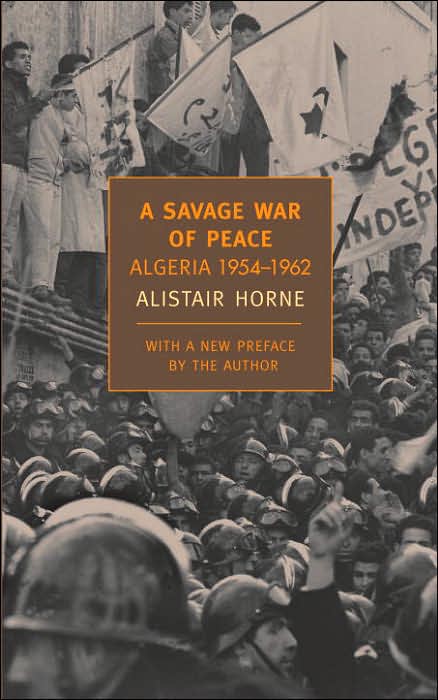
When the Algerian rebellion started in 1954, Algeria had a population of 1 million Europeans, known as the pied-noirs. France thought of Algeria as France, and the pied-noirs thought of it as home. To lose it was inconceivable.
The war started because France refused to grant the Algerians political rights. Even assimilated Algerians were distrusted by the French, who feared the power of the Muslim hordes.
Algerians formed the FLN, which used a combination of guerilla and terrorist tactics. Their terrorist activity reached a peak in 1957 with the Battle of Algiers, which resulted in a fantastic movie but was a strategic mistake.
Their failure to defeat the FLN caused the fall of multiple governments, and the French political and military elite turned in despair to Charles de Gaulle, who agreed to take over if he could write a new constitution. This created the Fifth Republic, which is still in place.
His backers expected de Gaulle to continue the war, but de Gaulle didn’t take orders from anyone. When he began to hint that France would have to let Algeria go, the army attempted a coup in 1961, which failed. Segments of the army and the pied-noirs formed a terrorist organization of their own, the OAS, whose pointless, brutal terrorist campaign alienated the French public, and made it impossible for the pied-noirs to remain after independence.
The second worst outcome of conflict, after genocide, is mass migration, and this is what happened to the pied-noirs after Algeria became independent in 1962: They all emigrated, mostly to France, where they were assimilated.
Another useless war.
Yes, and – at least according to the author of this book – it could have been avoided with concessions of basic political rights in the post-war years. There was a moderate middle ground, but it was driven away or killed, by both sides.